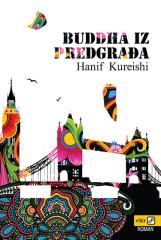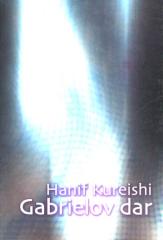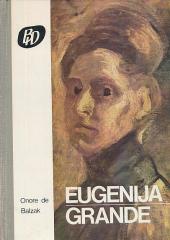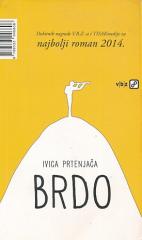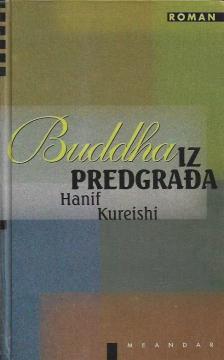
Buddha iz predgrađa
The Buddha of Suburbia is a novel by English author Hanif Kureishi that won the Whitbread Award for Best First Novel. The novel has been translated into 20 languages and was adapted into a four-part drama series by the BBC in 1993.
One of the most significant works of prose in contemporary British literature, the novel The Buddha of Suburbia, was published by the celebrated British writer Hanif Kureishi in 1990 and won the Whitbread Prize (now the Costa Literary Award) for best first novel that same year. The novel has been translated into more than twenty languages, and in 1993 the BBC made a successful four-part TV series based on the work, with music by David Bowie. The novel's protagonist and narrator, Karim Amir, lives in South London, with his English mother and Indian father, where he spends his teenage years in a carefree lifestyle and in a constant search for adventure and sexual discovery. But everything begins to change when his father, who has begun giving lectures on Buddhism in the local community, accompanied by yoga exercises and Eastern meditations, becomes too close to one of his followers, the impudent and ambitious Eva, the mother of Karim's schoolmate Charlie, the idol of all his peers. Soon after the family disintegration, young Karim, hoping to achieve an acting career, enters the world of rebellious theater directors and actors, punk-rock stars, glamorous parties, sexual experimentation... Drawing on the tradition of the bildungsroman, The Buddha of Suburbia explores race and class relations in 1970s Britain in a lively, intelligent and humorous way, while faithfully depicting the flourishing world of London's subculture and art scene as well as the turmoil in society at the time, which is why it is considered one of the most provocative and original novels in contemporary British literature.
One copy is available
- Traces of patina
